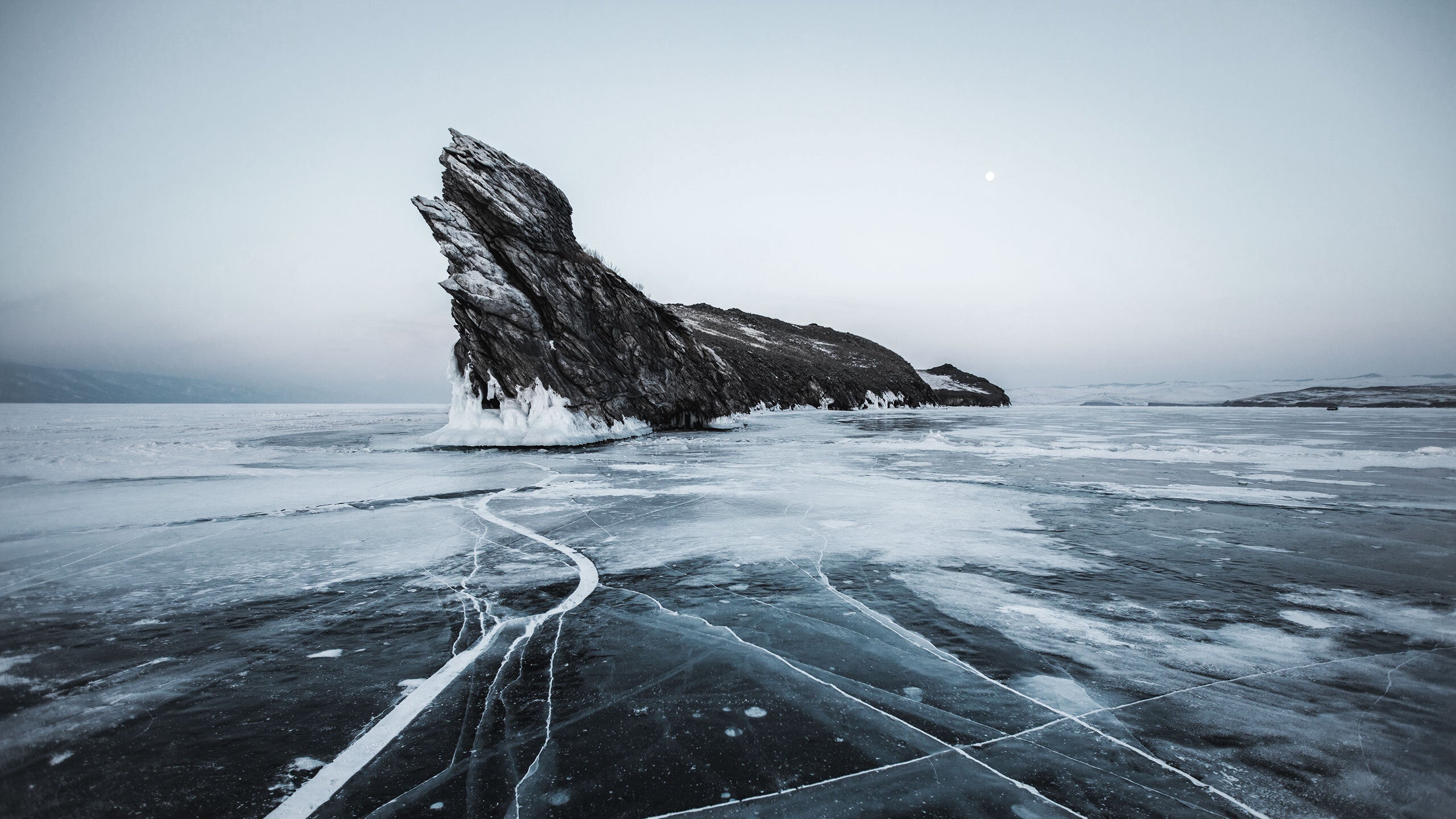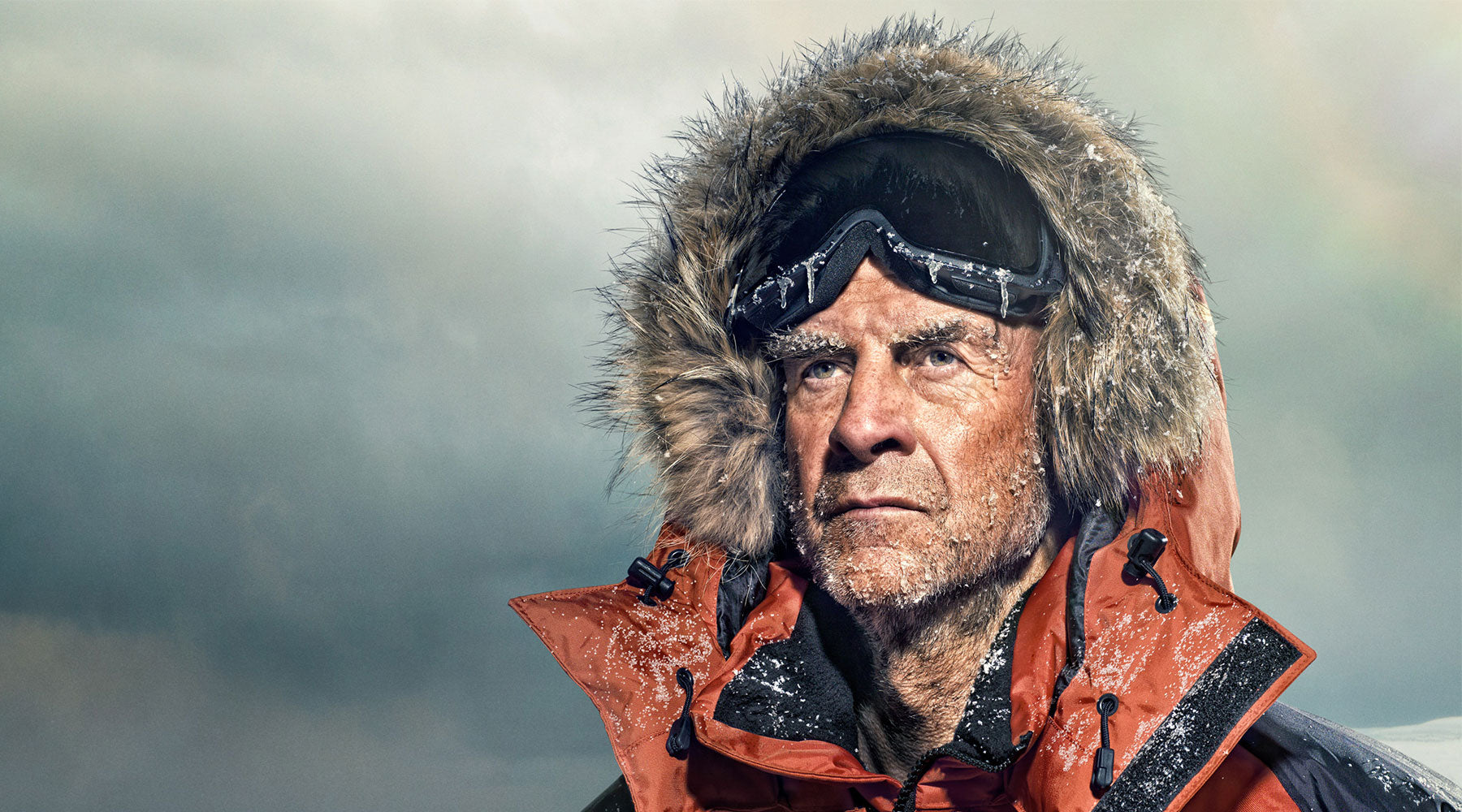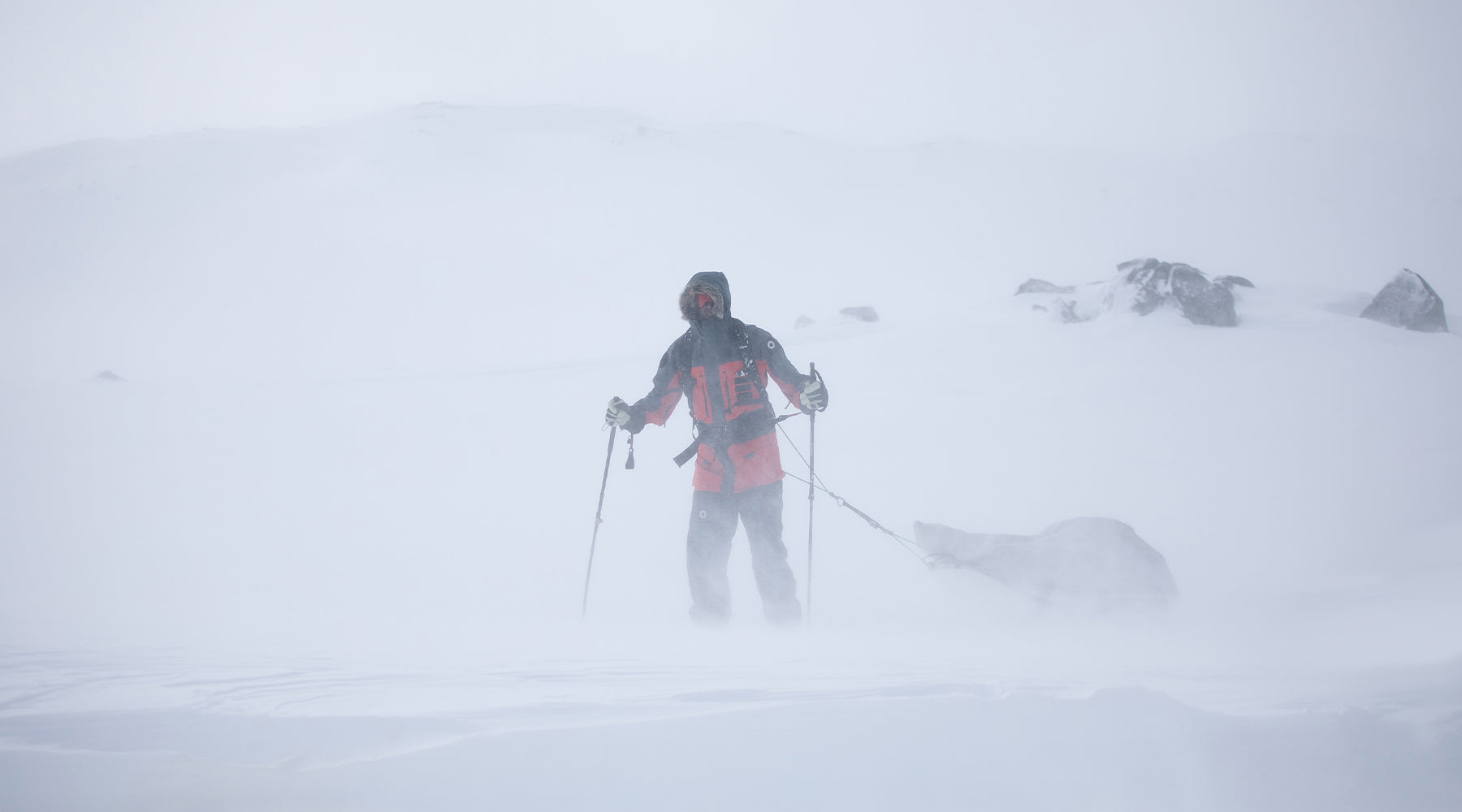
Time Travelling with Ice
When French glaciologist Claude Lorius first went to the Antarctic in 1957, it would change not just his life but the way we perceive the impact humans have made on the planet. Scientists had been drilling for ice cores since the start of the twentieth century, yet it was Lorius who realised that air bubbles trapped in the ice for hundreds of years could tell the story of what was in the atmosphere at the time they were formed. His eureka moment came when he dropped a piece of ancient ice in a glass of whisky; as it cracked and released bubbles it occurred to him to analyse the process in a laboratory. In the ensuing decades, through painstaking research, he would be the first to prove scientifically that the carbon dioxide generated by industry and transport was directly linked to global warming.
In the 2015 film, Ice and Sky made by Luc Jacquet, Lorius declared, ‘I grasped the power of science, the invisible. I was hooked on the thrill of discovery’. Where he led, generations of scientists have followed. An important breakthrough for Lorius was in 1984, when he collaborated with Russian scientists who had drilled down 2,000 metres and had recovered an ice core dating back 420,000 years. Yet that would be surpassed in 1999, when scientists drilled down 3,190 metres to produce a core that went back 740,000 years.

(Source: ESA.int)
The organisation overseeing the retrieval of that ice core was the European Project for Ice Coring in Antarctica (EPICA). They were drilling at Dome C, one of several summits on the Antarctic Ice Sheet, where the French and Italians jointly operate the research station Concordia. The subsequent analysis of the core has proved a benchmark in the study of carbon emissions. Now in a project called ‘Beyond Epica’ – which like EPICA is funded by the European Union – a team of glaciologists, engineers and technicians is aiming to do nothing less than access the most ancient ice in Antarctica. This time they intend to excavate an ice core that will be 3km in length, providing clues to the earth’s climate that will go back 1.5 million years.
The site of the drilling is Little Dome C, 3,233 metres above sea level and more than 1,000 km from the coast. It took years of research – using radar mounted on aircraft and sledges – to identify the location, which is 35km away from the original Dome C, as the best place to drill. According to the British Antarctic Survey – which is the UK partner in the ambitious project – it is ‘one of the most extreme places on the Earth’. The average temperature there during the Antarctic summer is -35C.
It’s estimated that it will take four years to complete the drilling. While the EPICA ice core showed that over the course of 800,000 years there were eight distinct glacial cycles, each lasting approximately 100,000 years, marine sediments indicate that before this, cycles shifted every 40,000 years. So what created the shift? The hope is that this new, record-breaking ice core will provide some of the answers to this key question in the Earth and climate sciences.

(Source: www.bas.ac.uk)
Despite the complications caused by Covid, the team is now out there for a third season and their progress can be followed on their Twitter account @OldestIce. It’s not just the length of the ice core but the rapid evolution of ice analysis techniques that make the participants in the project optimistic that this will yield exciting results. Through providing such an extraordinary perspective on the past it will also provide crucial clues to what will happen to the planet as temperatures rise. As a result, what’s in essence a scientific form of time travel has also become a race against time – while the research is both esoteric and highly demanding it carries a message for every single one of us.


